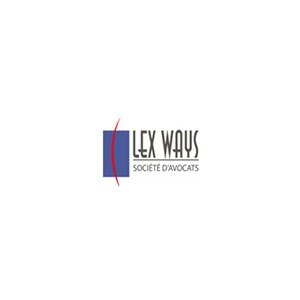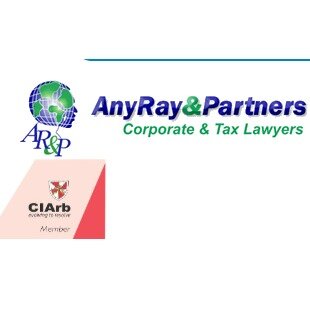Best Environmental Law & Compliance Lawyers in Ivory Coast
Share your needs with us, get contacted by law firms.
Free. Takes 2 min.
Or refine your search by selecting a city:
List of the best lawyers in Ivory Coast
About Environment Law in Ivory Coast
Environment law in Ivory Coast is designed to protect the country's natural resources, wildlife, and ecosystems. It covers a range of issues including pollution control, waste management, and conservation efforts. Violating environmental laws can result in significant fines or even criminal charges, making it important for individuals and businesses to comply with regulations.
Why You May Need a Lawyer
You may need a lawyer for issues such as land disputes, pollution violations, environmental impact assessments, or compliance with regulations. A lawyer can provide guidance on how to navigate complex legal processes and help protect your rights in environmental matters.
Local Laws Overview
In Ivory Coast, the Environmental Code of 1998 sets out the legal framework for environmental protection. This legislation covers areas such as protected areas, environmental impact assessments, and waste management. Additionally, international agreements such as the Paris Agreement on climate change also influence environmental policy in the country.
Frequently Asked Questions
1. What are the penalties for violating environmental laws in Ivory Coast?
Penalties for environmental violations in Ivory Coast can include fines, imprisonment, or orders to remediate damage caused.
2. How can I report environmental violations in Ivory Coast?
You can report environmental violations to the Ministry of Environment or local environmental authorities.
3. Are there incentives for businesses to comply with environmental regulations?
Some businesses may be eligible for tax incentives or other benefits for implementing environmentally friendly practices.
4. How are environmental impact assessments conducted in Ivory Coast?
Environmental impact assessments are required for certain projects to evaluate potential environmental consequences and propose mitigation measures.
5. Can individuals or communities take legal action to protect the environment?
Yes, individuals or communities can bring legal actions to enforce environmental laws or challenge decisions that may harm the environment.
6. What are the key protected areas in Ivory Coast?
Key protected areas in Ivory Coast include national parks, nature reserves, and forested areas designated for conservation.
7. How does Ivory Coast address water pollution and quality concerns?
Ivory Coast has regulations in place to control water pollution and ensure water quality standards are met.
8. Are there regulations on air pollution in Ivory Coast?
Yes, there are regulations in place to address air pollution from industrial activities and vehicle emissions.
9. How does Ivory Coast address waste management issues?
Ivory Coast has regulations on waste management, including recycling programs and proper disposal practices.
10. Can I seek legal advice on environmental matters from government offices?
While government offices may provide information on environmental regulations, seeking advice from a qualified environmental lawyer is recommended for legal matters.
Additional Resources
For more information on environmental laws and regulations in Ivory Coast, you can contact the Ministry of Environment or consult organizations such as the United Nations Environment Programme (UNEP) or the Environmental Protection Agency.
Next Steps
If you require legal assistance in environmental matters in Ivory Coast, consider contacting a local law firm with expertise in environmental law. They can provide guidance on your rights and obligations under the law and help you navigate legal processes effectively.
Lawzana helps you find the best lawyers and law firms in Ivory Coast through a curated and pre-screened list of qualified legal professionals. Our platform offers rankings and detailed profiles of attorneys and law firms, allowing you to compare based on practice areas, including Environmental Law & Compliance, experience, and client feedback.
Each profile includes a description of the firm's areas of practice, client reviews, team members and partners, year of establishment, spoken languages, office locations, contact information, social media presence, and any published articles or resources. Most firms on our platform speak English and are experienced in both local and international legal matters.
Get a quote from top-rated law firms in Ivory Coast — quickly, securely, and without unnecessary hassle.
Disclaimer:
The information provided on this page is for general informational purposes only and does not constitute legal advice. While we strive to ensure the accuracy and relevance of the content, legal information may change over time, and interpretations of the law can vary. You should always consult with a qualified legal professional for advice specific to your situation.
We disclaim all liability for actions taken or not taken based on the content of this page. If you believe any information is incorrect or outdated, please contact us, and we will review and update it where appropriate.
Browse environmental law & compliance law firms by city in Ivory Coast
Refine your search by selecting a city.












